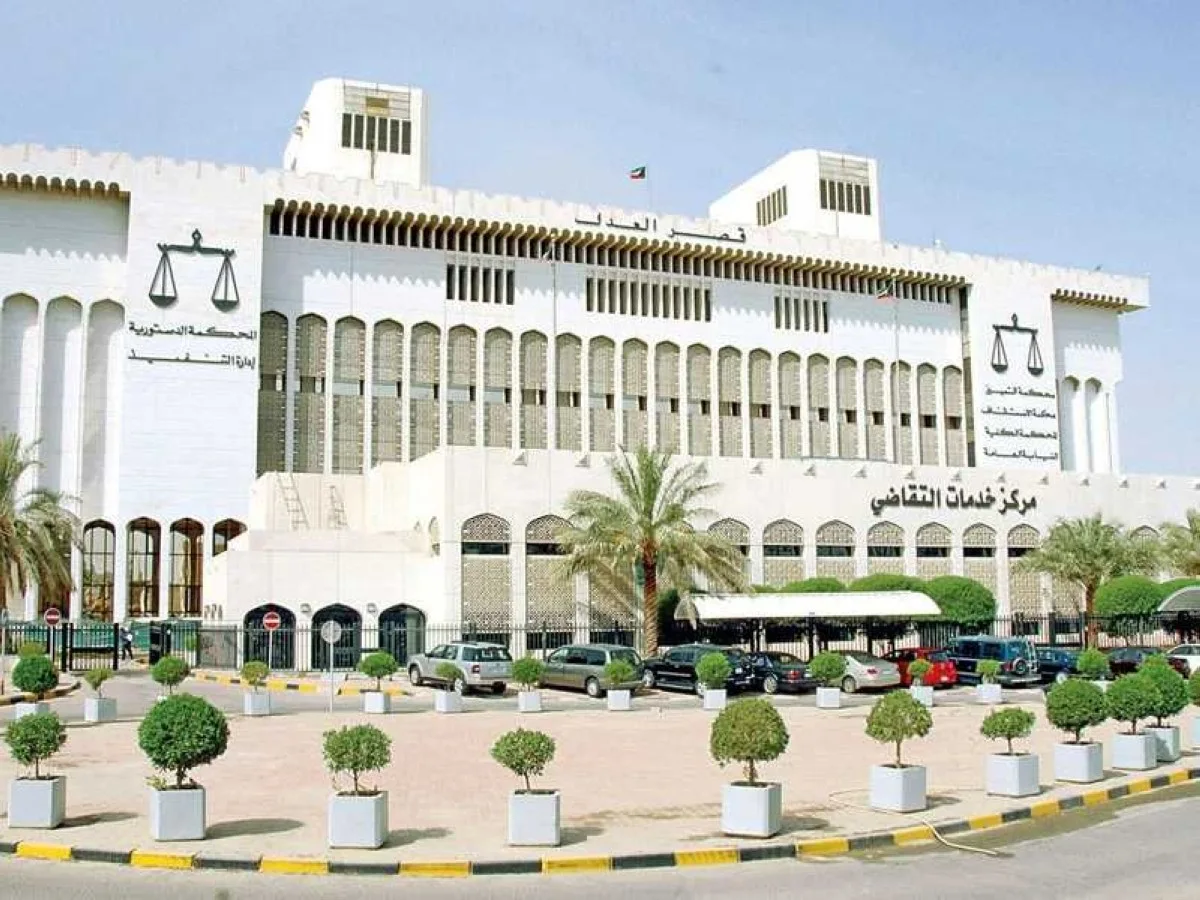14/09/2024
14/09/2024

The new law also imposes up to one year imprisonment and a fine of up to KD 1,000 for insulting judges, prosecution members, or members of the police force, Kuwait Army, or National Guard while they are on duty, reports Al-Seyassah daily.
The decree-law No. 93/2024, which was issued yesterday, amends the provisions of the Penal Code established under law No. 16 /1960 and law No. 31/1970.
According to Article 1 of the decree law, the texts of Articles 134 and 135 of the Penal Code shall be amended as follows:
Article 135: Anyone who assaults or resists a civil servant using force or violence while they are performing their duties will be punished with imprisonment for up to one year, and/or a fine ranging from KD 300 and KD 1,000. If the assault happens to any of the individuals mentioned in the second paragraph of the preceding article, the offender may face up to two years in prison and/or a fine ranging from KD 500 to KD 2,000.
Police and Army: If a member of the police force, Kuwait Army, or the National Guard is assaulted while performing duties related to dispersing a gathering, meeting, demonstration, or procession with the intent to resist or obstruct their work, the penalty is imprisonment for up to five years and/or a fine ranging from KD 1,000 to KD 5,000.
Reconciliation Prohibited: According to Article 2 of the decision, a new Article 135 bis shall be added to the Penal Code, which stipulates that victims of the crimes specified in Articles 134 and 135 cannot withdraw their complaints, reconcile with the accused, or pardon them, under the provisions of Articles 110, 240, and 241 of the Criminal Procedures and Trials Law No. 17/1960.
Family Members: According to Article 2 of the decision, the text of Article 53 of law No. 31/1970 shall be replaced with the following: - Any public servant, worker, or individual charged with performing public service who directly or indirectly causes physical or psychological harm, or intimidates an individual or their family with the intent to coerce them into confessing to a crime or providing information about it, shall face the same punishment. This also applies to any official who was present when the act occurred, approved it, or remained silent when they could have intervened.
Regardless of the cause or nature of the discriminatory act, the punishment for violating the provisions of the previous paragraphs is imprisonment for up to seven years and/or a fine ranging from KD 3,000 to KD 10,000.
The Most Severe Penalty: The most severe punishment will be applied if the torture is accompanied by an act that constitutes a more serious offense. If the torture results in death, the accused will face the penalty for premeditated murder.
According to Article 4 of the decision, the ministers, each in their respective capacities, are responsible for implementing this decree-law, which will be effective from the date of its publication in the official gazette.
Explanatory Memorandum: The explanatory memorandum of decree-law No. 93/2024 states the following: In response to the increasing attacks on public servants, which have diminished the state’s prestige, and to safeguard the rights and stability of these employees, the decree-law will increase the penalties for the crimes committed against them due to their work or while they are on duty. As per the first paragraph of Article 134, the minimum fine for insulting a public employee has been increased to KD 100. It also increases the penalties for offenses against judges and members of the Public Prosecution, imposing a maximum of one-year imprisonment and a fine ranging from KD 300 to KD 1,000.
Furthermore, the decree law sets a minimum penalty for crimes against police force members, the Kuwait Army, and the National Guard during the performance of their duties. The penalty for assaulting a public servant under Article 135 has been increased, by setting a minimum fine to ensure deterrence. In addition, victims of these crimes cannot withdraw their complaints or reconcile with the accused, as outlined in Articles 210, 240, and 241 of the Criminal Procedures and Trials Law.


